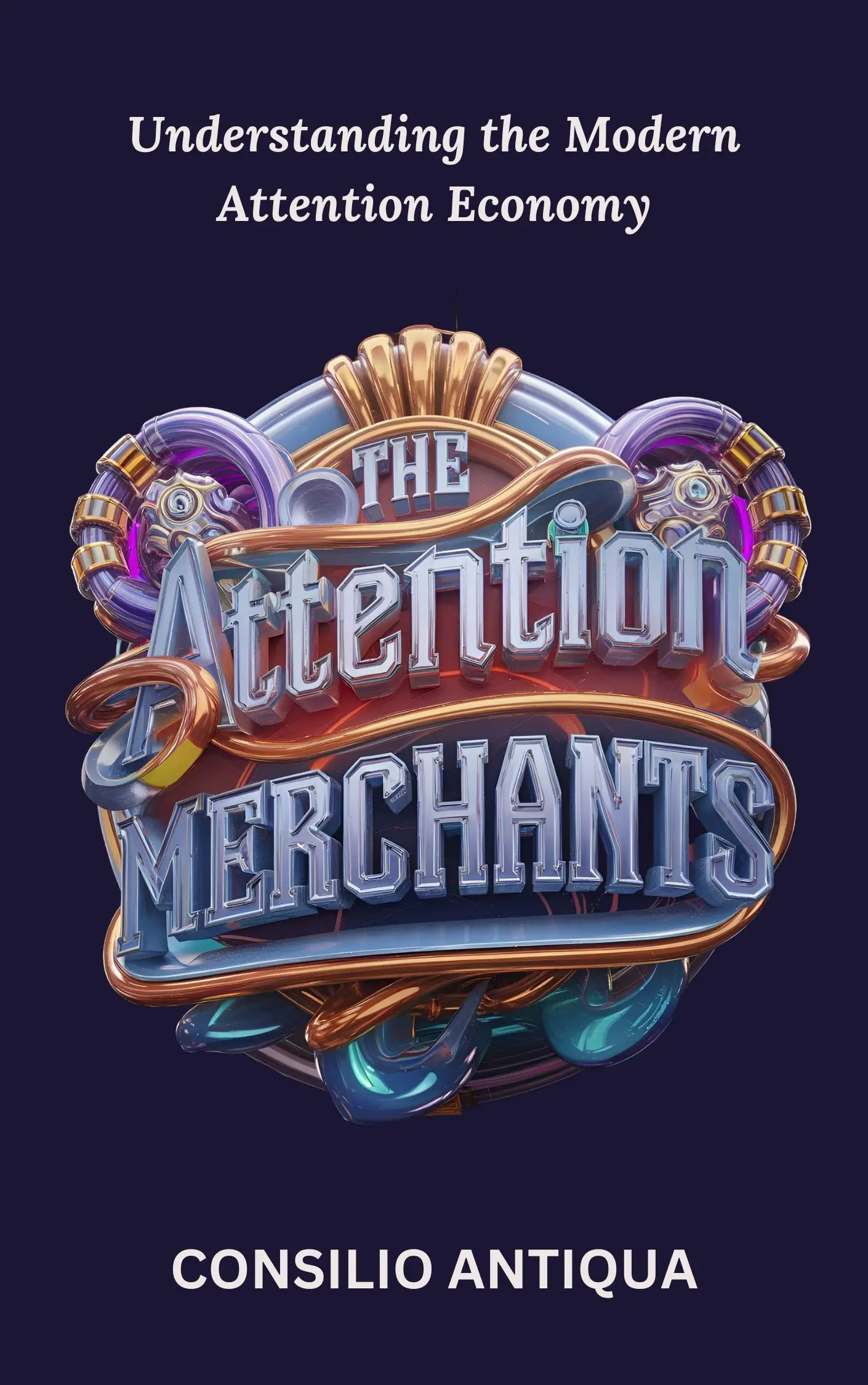
The Attention Merchants | Chapter 10. Predictive Minds and Digital Engagement
Chapter 10. Predictive Minds and Digital Engagement
Imagine this: It's a Friday night, and you're finally relaxing after a long week. You grab your phone, intending to quickly check your messages, but before you know it, an hour has vanished. You've been sucked into the vortex of social media, scrolling through an endless stream of posts, videos, and ads. Sound familiar? You're not alone. This is the power of the attention economy at work, where digital platforms are meticulously designed to capture and hold our focus, often without us even realizing it.
At the heart of this attention-grabbing machinery lie predictive models. These sophisticated algorithms act like digital detectives, constantly analyzing your online activity – what you click on, how long you watch a video, who you interact with. They're building a detailed profile of your preferences, interests, and even your emotional triggers. Think of it like a personalized newspaper, curated just for you, with the goal of keeping you glued to the screen.
But how exactly do these models capture our attention? One key tactic is the infinite scroll. Ever noticed how social media feeds seem to never end? That's by design. As you scroll, the platform continuously loads new content, ensuring there's always something fresh to grab your eye. It's like a digital slot machine, constantly tempting you with the possibility of finding something even more engaging just a swipe away.
Another powerful tool is personalized recommendations. Whether it's suggesting new friends on Facebook or movies on Netflix, these algorithms use your past behavior to predict what you might like next. They're like a digital concierge, anticipating your needs and desires, making it incredibly easy to stay hooked.
But these techniques aren't just about showing you things you'll enjoy. They also employ a more subtle strategy called adversarial inference. This involves using data to predict what kind of content will trigger specific emotions or actions in you. For example, a news app might show you a sensationalized headline knowing it's likely to evoke fear or outrage, increasing the chances you'll click and share.
These subtle cues, known as hypernudges, are designed to influence your behavior without you even realizing it. They're like invisible puppeteers, gently guiding your actions in the direction the platform wants you to go. Think of the red notification badges on your apps – they're a classic hypernudge, creating a sense of urgency and FOMO (fear of missing out) that compels you to check your phone.
Take Amelia, for instance. She loves cooking and often watches recipe videos online. One day, she noticed that her YouTube feed was suddenly flooded with videos about kitchen gadgets and meal delivery services. The platform's algorithms had picked up on her interest and started showing her ads and content related to cooking, hoping to entice her to buy something.
Or consider David, a sports enthusiast. He noticed that his social media feed was increasingly filled with posts and articles about his favorite team, even when he hadn't actively searched for them. The platform was using his past engagement to predict his interests and keep him scrolling, maximizing the time he spent on the site.
While these personalized experiences can be convenient and entertaining, they also raise some serious ethical concerns. One major issue is the creation of filter bubbles. As platforms tailor your content based on your existing preferences, you're less likely to encounter diverse perspectives or information that challenges your views. This can lead to a narrow and distorted view of the world, reinforcing existing biases and making it harder to engage in meaningful dialogue with those who hold different opinions.
Another concern is the potential for addiction. The constant stream of notifications, personalized recommendations, and engaging content can create a powerful feedback loop that keeps us hooked to our devices. This can lead to excessive screen time, neglecting real-life relationships, and even impacting our mental and physical health.
So, how can we reclaim control of our attention in this hyper-connected world? The first step is awareness. Recognize that these platforms are designed to capture your attention and that you have the power to resist. Start by turning off unnecessary notifications, setting time limits for app usage, and being mindful of the content you consume.
Another strategy is to diversify your information sources. Don't rely solely on algorithms to curate your content. Actively seek out diverse perspectives, read books, engage in offline conversations, and explore new interests.
Finally, remember that your attention is valuable. Don't let it be exploited by platforms that prioritize profit over your well-being. Be intentional about how you spend your time and energy online, and choose to engage with content that truly enriches your life.
In the end, the battle for our attention is a battle for our minds. By understanding the tactics used by the attention merchants, we can develop strategies to resist their influence and reclaim control over our digital lives. The future of our focus depends on it.
